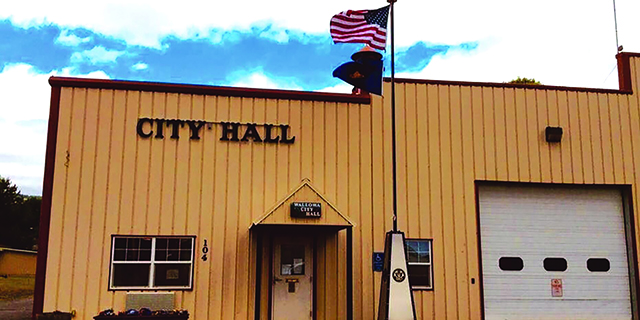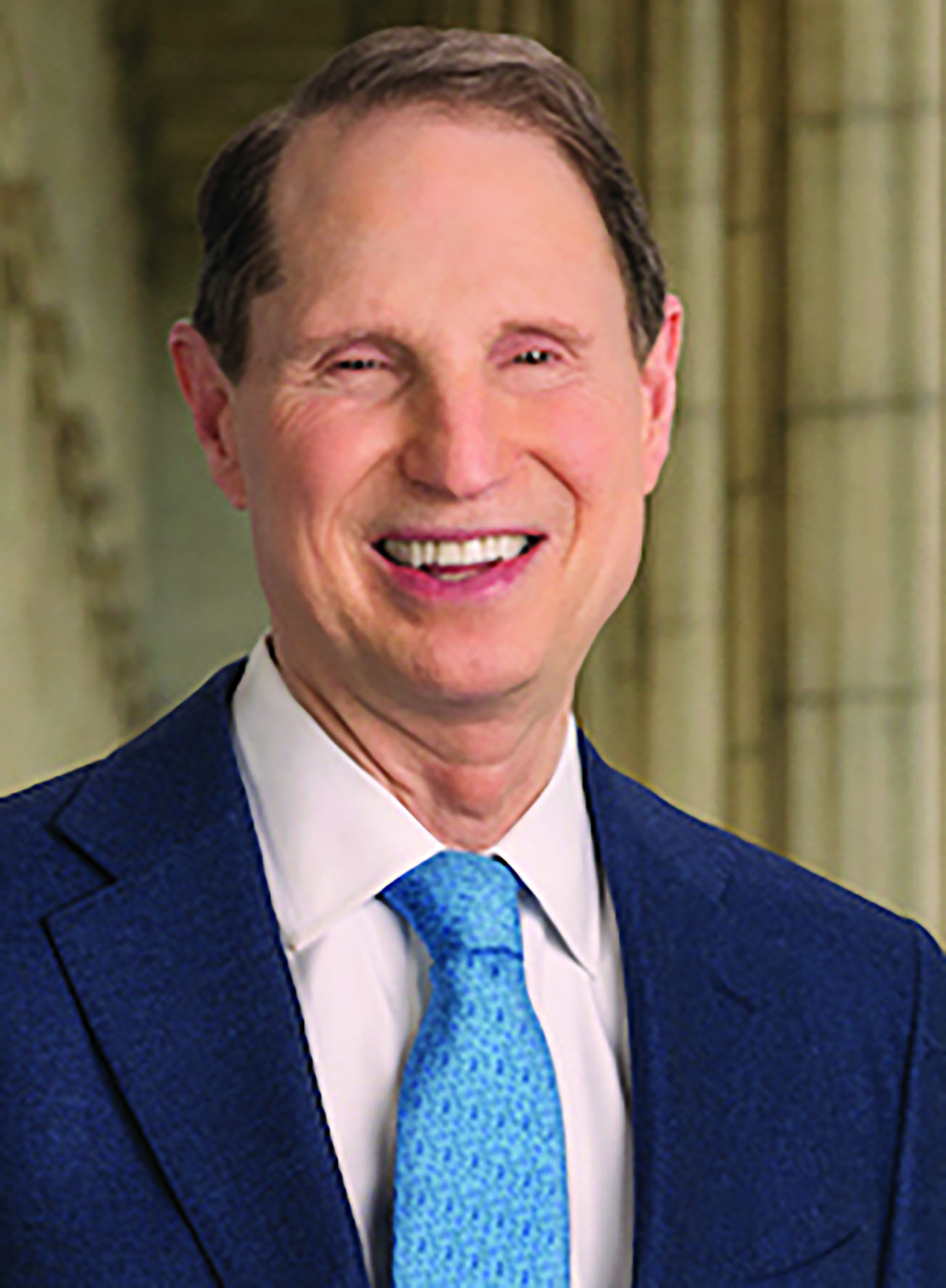Caregiving: The need for support, not advice
Published 11:27 am Tuesday, April 4, 2017
A friend called from another part of the state.
“How’s spring coming along up there?” she asked.
Trending
“It depends on which 15 minutes we’re talking about,” I quipped.
Trying to plan a day’s activities solely on sunshine, or on overcast skies, or on wind and rain will leave a person very disappointed, for one spring day in Wallowa County can hold all that and more.
It reminds me of the variables involved in being a full-time caregiver. When I invited my elderly aunt to live with me in 2010, I thought my love for her would be enough to meet all her needs. Three years later, after I moved up here, I attended the Wallowa County Caregivers support group where I learned that caregivers, whether they are family members or not, need special skills and support to provide full-time care.
It haunts me still how things unfolded with my aunt.
Since I had been widowed a few years, and had a nice house with plenty of room, I invited her to move in with me. It was an act of gratitude, for she had been a positive influence in my life.
At first things went well. I was working a part-time job. She had turned the master bedroom into a suite and seemed to adjust well to her new home. My intent was to provide a safe place for her to live, to prepare meals, to share my pets and life.
Trending
I took her to all her doctor appointments. Because of her failing vision, I was added to her checking account and reported every penny spent. Occasionally we took rides to her old neighborhood to visit her friends. We watched the news, “The Waltons” and “Lawrence Welk” (which I enjoyed), and I heard countless stories of her childhood.
In a few months, however, she began to complain of how lonely she was. Incrementally, I responded by saying “no” to my favorite activities so that I could spend time with her. I questioned her medications. Her behavior was becoming a little erratic. When I expressed my concerns to my sister, she quizzed our aunt about it, who denied anything was wrong.
My aunt’s belligerence worsened and she took her anger out on me. But when friends or family were visiting she could behave properly about three days. By day four she was irritable, and they would leave before the full-blown version of how she acted with me became manifest.
I quit my job to be home with her. She accused me of stealing from her checking account. Never happened. She didn’t hesitate to tell family members so, and they believed her.
Without any breaks from constant problem-solving, mental fatigue set in. I couldn’t sleep. I couldn’t concentrate and easily became confused from all this stress.
I suspected I had a 98-year-old addict on my hands and reported this to the doctor. He immediately changed her meds. Her reaction to my meddling led to a big blow-up in the family. I had to call my son to get her into a facility. I realized her needs far outweighed my ability to meet them. When I tried to reason this with her, she announced to all who would listen that I had kicked her out on the street.
Perhaps this is a worst case scenario of caregiving, of what can happen when family members don’t believe the caregiver or don’t step in to relieve the caregiver. Giving advice is not helpful. Being present to get the facts and provide some respite is. I’m so grateful to the caregivers group for showing me that.
Katherine Stickroth is a freelance writer who blogs at awallowagal.com.









